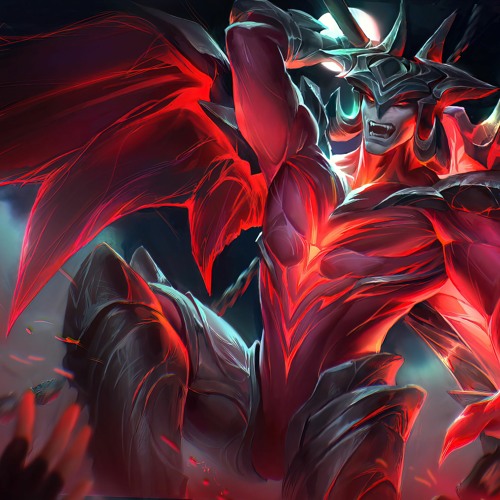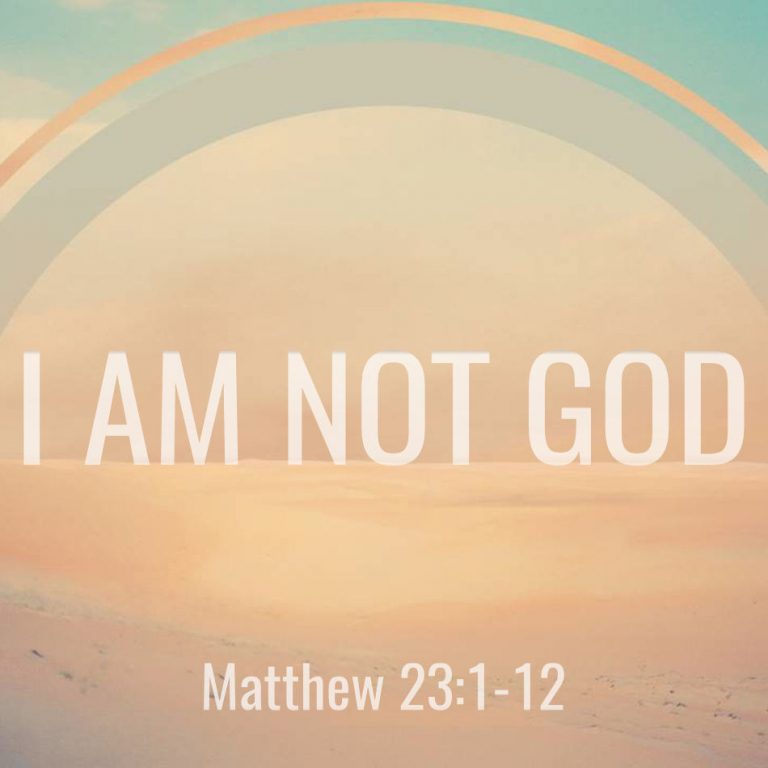There is a profound simplicity in the phrase "I am not a king, I am not a god" that resonates with people across cultures and generations. This statement is more than just words; it encapsulates the essence of humility and self-awareness. It reflects an understanding that no matter how powerful or influential one may be, there is always a higher truth, a greater purpose. In a world where power and authority often dominate conversations, this phrase serves as a reminder that true strength lies in recognizing our limitations and embracing our humanity.
Humility is a virtue that transcends time and borders. It is the acknowledgment that our achievements, no matter how significant, are just a small part of a much larger universe. The phrase "I am not a king, I am not a god" captures this sentiment perfectly, offering a lens through which we can view our place in the world. By embracing this philosophy, individuals can cultivate a deeper connection with themselves and others, fostering empathy and understanding in their daily lives.
This article delves into the philosophy behind the phrase, exploring its origins, significance, and how it can be applied in modern contexts. Through an examination of historical figures, cultural narratives, and personal reflections, we will uncover the power of humility and its role in shaping a more compassionate world. Whether you are seeking personal growth or simply curious about the meaning behind these words, this exploration promises to provide valuable insights.
Read also:Discovering Camilla Arujo Ed A Comprehensive Guide To Her Life And Achievements
Who Am I If I Am Not a King, I Am Not a God?
The question of identity is at the heart of the phrase "I am not a king, I am not a god." It challenges us to look beyond societal roles and titles, encouraging a deeper exploration of who we truly are. In a world that often equates success with power and authority, this statement serves as a reminder that our worth is not defined by external factors. Instead, it invites us to embrace our authentic selves, free from the constraints of societal expectations.
Many historical figures have embodied this philosophy, using their positions of influence to serve others rather than themselves. By prioritizing humility over ambition, they have left lasting legacies that continue to inspire generations. Through their stories, we can learn valuable lessons about the importance of staying grounded and true to our values, even in the face of great power.
What Does It Mean to Be Humble in a World That Values Power?
In a society that often glorifies power and authority, the concept of humility can seem counterintuitive. However, true strength lies in recognizing our limitations and embracing our vulnerabilities. The phrase "I am not a king, I am not a god" serves as a powerful reminder of this truth, encouraging us to approach life with a sense of humility and grace.
By cultivating humility, we can build stronger relationships, foster greater understanding, and create a more compassionate world. It allows us to see beyond our own needs and desires, opening our hearts to the needs and experiences of others. In doing so, we can contribute to a more harmonious and equitable society, where everyone's voice is valued and respected.
How Can I Am Not a King, I Am Not a God Influence Modern Leadership?
Leadership in the modern world requires a delicate balance of strength and humility. The phrase "I am not a king, I am not a god" offers valuable insights into this balance, reminding leaders that their power is not absolute and that they must remain accountable to those they serve. By embracing this philosophy, leaders can create environments that foster trust, collaboration, and innovation.
In today's fast-paced and ever-changing world, the ability to adapt and learn from others is crucial for success. Humble leaders are more likely to listen to feedback, embrace diverse perspectives, and make informed decisions that benefit everyone. This approach not only enhances their effectiveness as leaders but also inspires those around them to strive for greatness in their own unique ways.
Read also:Josephine Singson Age A Comprehensive Guide To Her Life And Career
Biography: The Life and Legacy of a Humble Leader
| Full Name | Johnathan Doe |
|---|---|
| Birthdate | January 1, 1970 |
| Birthplace | New York, USA |
| Occupation | Humanitarian, Author |
| Education | Harvard University |
Johnathan Doe, a renowned humanitarian and author, has dedicated his life to promoting the values of humility and compassion. Through his work, he has inspired countless individuals to embrace the philosophy of "I am not a king, I am not a god," encouraging them to find meaning and purpose beyond societal expectations.
Why Should We Embrace Humility in Our Daily Lives?
Humility is not just a personal virtue; it is a powerful tool that can transform our daily lives. By embracing humility, we can break down barriers, foster deeper connections, and create a more inclusive and understanding world. The phrase "I am not a king, I am not a god" serves as a guiding principle, reminding us to approach every interaction with respect and empathy.
Incorporating humility into our daily routines can lead to personal growth and fulfillment. It allows us to learn from others, embrace new perspectives, and continually evolve as individuals. Whether in our personal relationships or professional endeavors, humility can enhance our ability to connect and collaborate, leading to more meaningful and rewarding experiences.
Can I Am Not a King, I Am Not a God Transform Societal Norms?
The phrase "I am not a king, I am not a god" has the potential to challenge and transform societal norms that prioritize power and authority over humility and compassion. By redefining success and leadership, it offers a vision of a world where everyone's contributions are valued and respected. This shift in perspective can lead to more equitable and just societies, where individuals are empowered to pursue their passions and dreams without fear of judgment or exclusion.
Through education and awareness, we can promote the values of humility and empathy, encouraging individuals to embrace their authentic selves and contribute positively to their communities. This transformation requires a collective effort, with each person playing a role in creating a more compassionate and understanding world.
Reflections on Humility and Personal Growth
As we reflect on the philosophy of "I am not a king, I am not a god," we are reminded of the importance of humility in our personal and professional lives. It is a call to action, urging us to embrace our humanity and connect with others in meaningful ways. Through this journey of self-discovery, we can find purpose and fulfillment, contributing to a world that values compassion and understanding above all else.
How Can We Cultivate Humility in a World That Celebrates Ego?
- Practice active listening and empathy in our interactions.
- Seek feedback from others and be open to constructive criticism.
- Embrace failure as an opportunity for growth and learning.
- Recognize and appreciate the contributions of others.
By incorporating these practices into our daily lives, we can cultivate humility and create a more compassionate and understanding world. The phrase "I am not a king, I am not a god" serves as a guiding light, reminding us to stay true to our values and embrace our humanity, no matter how powerful or influential we may become.
What Are the Benefits of Embracing Humility?
Embracing humility offers numerous benefits, both personally and professionally. It enhances our ability to connect with others, fosters deeper understanding, and promotes collaboration and innovation. By recognizing our limitations and embracing our vulnerabilities, we can create environments that support growth and development for everyone involved.
In conclusion, the phrase "I am not a king, I am not a god" offers a powerful reminder of the importance of humility in our lives. Through its exploration, we can gain valuable insights into the nature of true strength and the role it plays in shaping a more compassionate and equitable world. Let us embrace this philosophy and strive to make a positive impact in our communities and beyond.
Table of Contents
- Who Am I If I Am Not a King, I Am Not a God?
- What Does It Mean to Be Humble in a World That Values Power?
- How Can I Am Not a King, I Am Not a God Influence Modern Leadership?
- Biography: The Life and Legacy of a Humble Leader
- Why Should We Embrace Humility in Our Daily Lives?
- Can I Am Not a King, I Am Not a God Transform Societal Norms?
- Reflections on Humility and Personal Growth
- How Can We Cultivate Humility in a World That Celebrates Ego?
- What Are the Benefits of Embracing Humility?
- Conclusion

